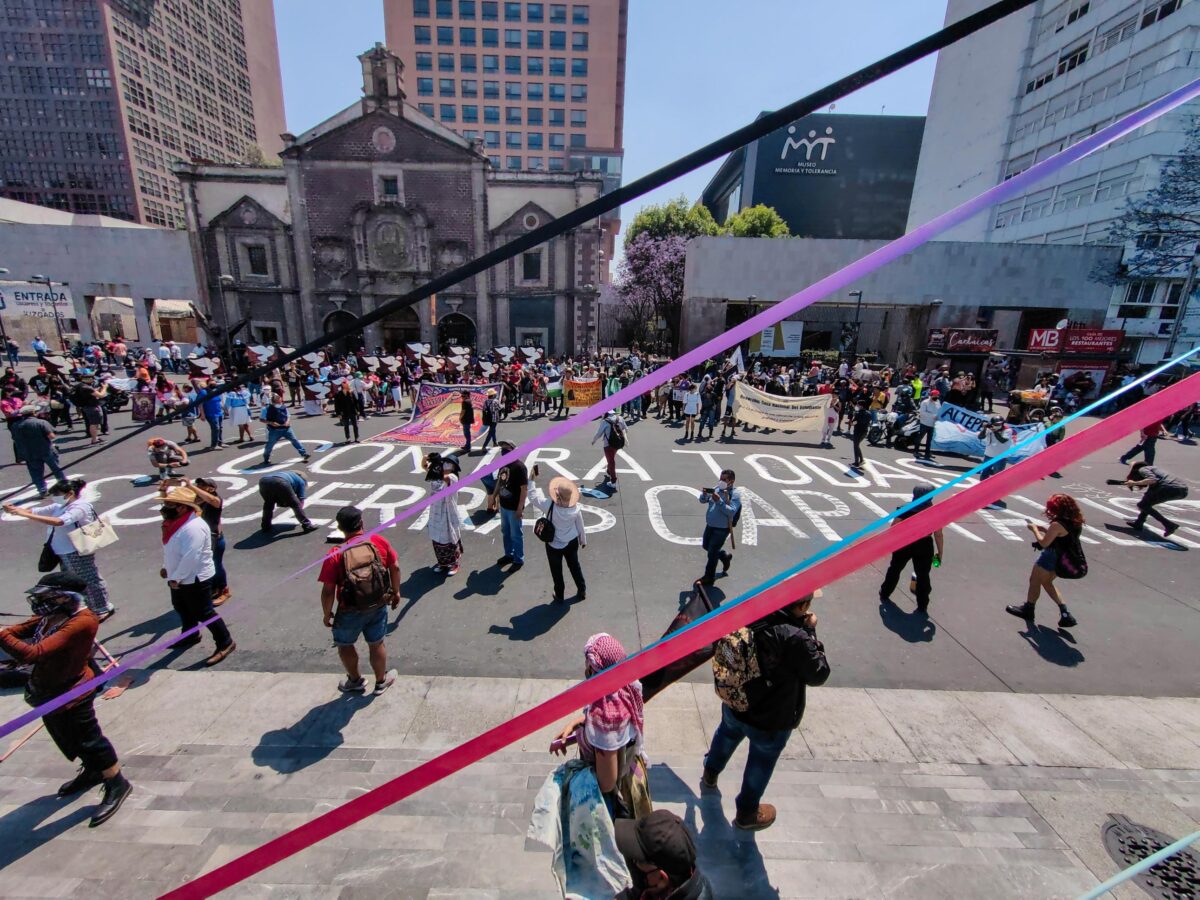
Rusia
We Need a Uniform Standard of Justice, from Ukraine to Afghanistan
By Amy Goodman & Denis Moynihan
In early April, shocking video surfaced revealing the brutal murder of civilians by an occupying army. The year was 2010, however, not 2022, in Iraq, not Ukraine, and the soldiers were American, not Russian. On April 5th, 2010, Wikileaks, the whistleblower website, released a classified U.S. military video it called “Collateral Murder.” The video was recorded on July 12, 2007 aboard a U.S. Army Apache helicopter gunship as it fired on a crowd in Baghdad. Two Reuters employees were killed, along with at least eight others, and two children were seriously injured. The video includes audio of U.S soldiers laughing and swearing as they kill, as well as radio transmissions authorizing the attacks from their chain of command. Ultimately, only one U.S. soldier was prosecuted: Army Private Chelsea Manning was court martialed, not for participating in that attack on civilians, but for revealing it to the world.
“Collateral Murder” and the trove of documents Manning uploaded to Wikileaks, the Iraq War Logs and the Afghan War Logs, documented numerous atrocities committed by the U.S., in cold, military jargon.
In the twelve years since the video was released, military conflicts and the inevitable crimes that accompany them have raged around the world, from Congo to Sudan, Ethiopia and Tigray to Libya, from Yemen to Burma to West Papua, to name just a few. In Ukraine, the level of video and photographic documentation, satellite imagery and drone footage published instantaneously and shared globally is unprecedented.
(Español) ¡Contra todas las guerras injustas!
Por Daliri Oropeza | Pie de Página
Miles de personas se reunieron con artes y protestas en la convocatoria zapatista mundial contra las guerras injustas del capital, a propósito de la invasión de Rusia en Ucrania. Llaman a una lucha por todos los pueblos del mundo, dan cuenta de la sensibilidad adquirida con la Travesía por la Vida en Europa
Twitter: @Dal_air

Vuelan listones coloridos en el cielo abierto y azul. En medio de un festival de artes por la paz, con el sol que calienta como si ya fuera primavera, resuena un mensaje contra todas las guerras injustas. Miles llegan de una marcha que interrumpió el paseo ciclista dominical con consignas anticapitalistas. El hemiciclo a Juárez está intervenido, a pesar de las vallas, colorido entre las jacarandás moradas y los mensajes rojinegros.
“Nos sumamos al llamado zapatista de iniciar un proceso de organización y participación para realizar una campaña mundial en contra de las guerras del capital, cualquiera que sea nuestra geografía, organizaremos conciertos, encuentros, festivales, reuniones. Todas las artes contra todas las guerras”, dice en el micrófono el sociólogo activista Raúl Romero.


